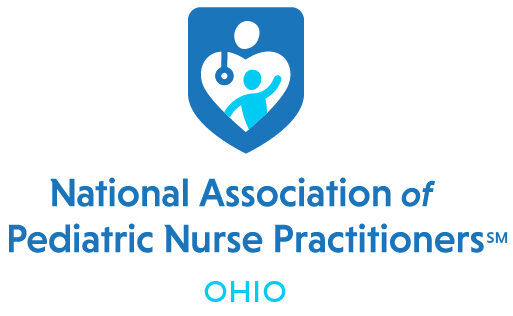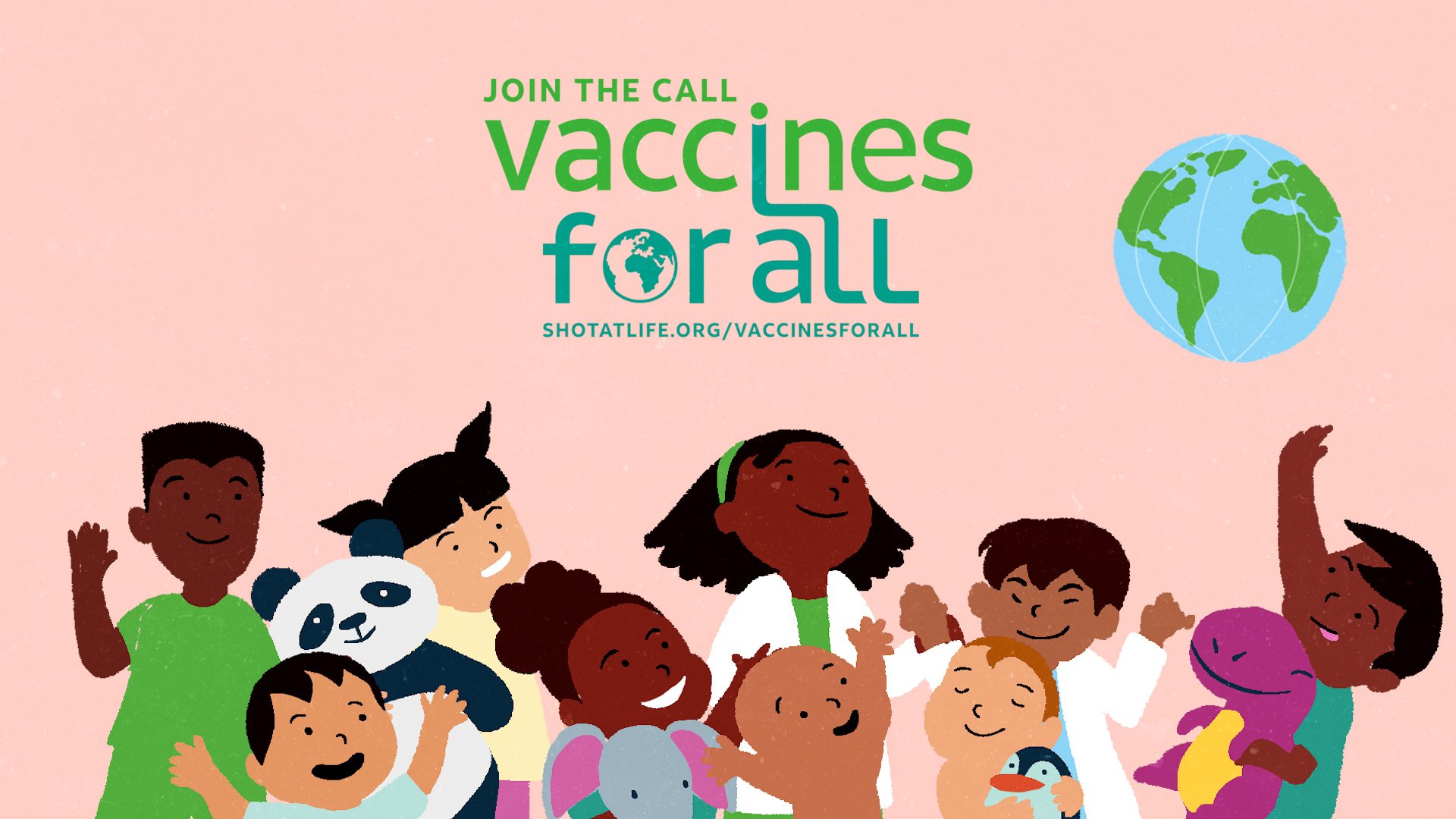Legislative & Other Policy Updates
136th Ohio General Assembly (2025-2026)
- Coming Soon!
135th Ohio General Assembly (2023-2024)
- Substitute House Bill 5 | Modernize the Adoption Process: Law effective on March 20, 2025.
- Amended Substitute Senate Bill 196 | APRN Global Signature Authority: Law effective on March 20, 2025.
Effective September 20, 2024
Ohio Senate Bill 81 passed the 135th Ohio General Assembly and was signed by the Governor. While the effective date of the new law is September 20, 2024, nursing rules are expected to be promulgated in Spring of 2025.
- Authorizes physician assistants, certified nurse practitioners, clinical nurse specialists,
and certified nurse midwives to sign documents related to the admission, treatment,
and discharge of psychiatric inpatients, if certain conditions are met. - Replaces the Board of Nursing’s Substance Use Disorder Monitoring Program with the
Safe Haven Program, a program to be conducted by an organization under contract with
the Board to monitor applicant and practitioner impairment resulting from substance
use or mental or physical disability. - Authorizes an insurance navigator to receive compensation from a health insurer
offering insurance through an exchange operating in Ohio so long as the compensation
is not in connection with enrollment in a qualified health benefit plan.
Safe Haven Program | Coming in Spring 2025!
The Ohio Board of Nursing and Ohio Professionals Health Program (OhioPHP) will officially launch the Safe Haven Program and provide educational opportunities about the new program to all licensees of the Board.
State Advocacy Resources
Find Your Ohio State Legislators!
State Advocacy Resources
The Legislative Process in Ohio
How to Read a Rule (applicable to reading a legislative bill)
Ohio Association of Advanced Practice Nurses (OAAPN)
American Nurses Association – Ohio
State Regulatory Agencies
State of Ohio Board of Pharmacy
State-Level Professional Development Opportunities
APRN Day at the Statehouse (OAAPN)
Nurses Day at the Statehouse (NDASH)
Oncology Nurses Society (Ohio Chapters): Nurses at the Statehouse Day
Federal/National and Global
Advocacy Resources
Find Your Federal Legislators!
National Advocacy Resources
National Association of Pediatric Nurse Practitioners
American Association of Nurse Practitioners
Global Professional Development Opportunities



